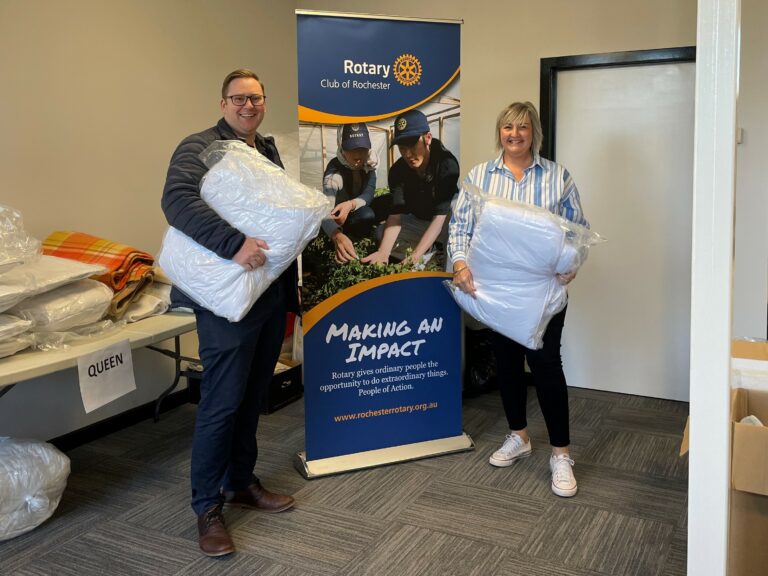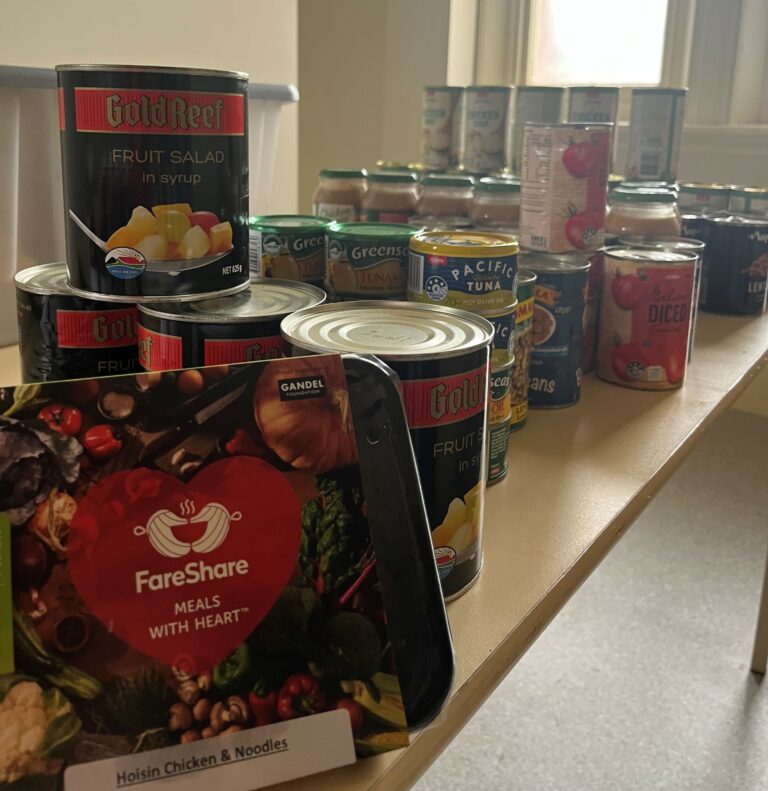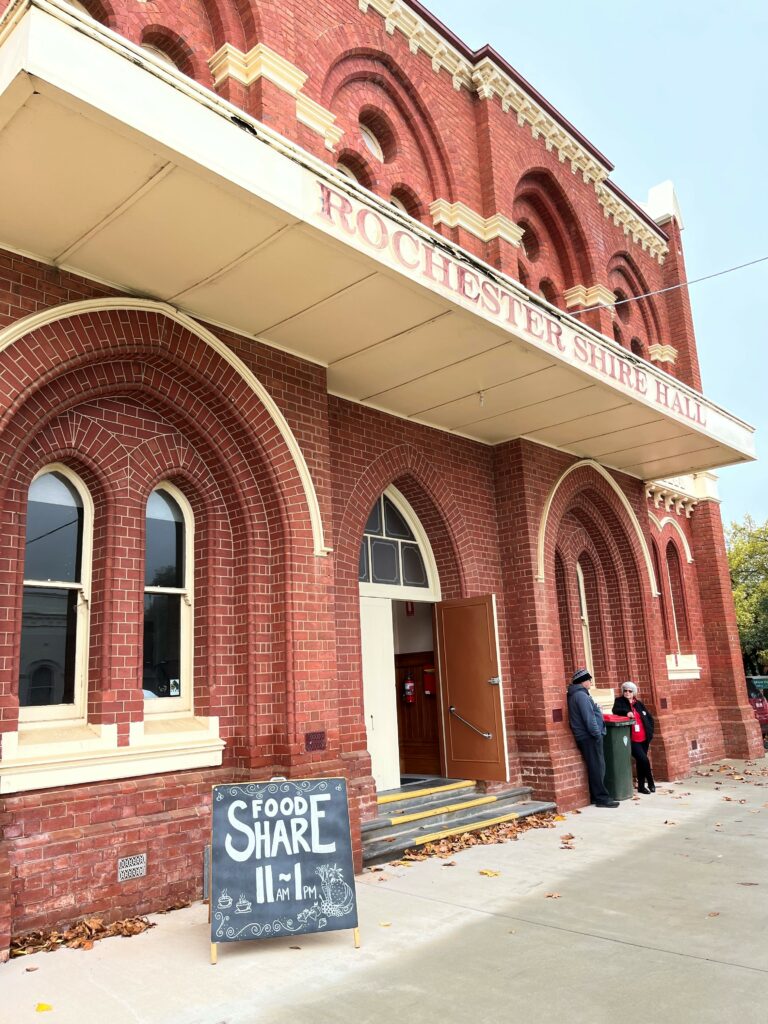
How FareShare meals help people from homelessness to housing at The Salvation Army homelessness centres and beyond
How FareShare meals help people from homelessness to housing at The Salvation Army homelessness centres and beyond FareShare meals now support residents at The Salvation Army homelessness accommodation centres in Flagstaff and North Melbourne, as





